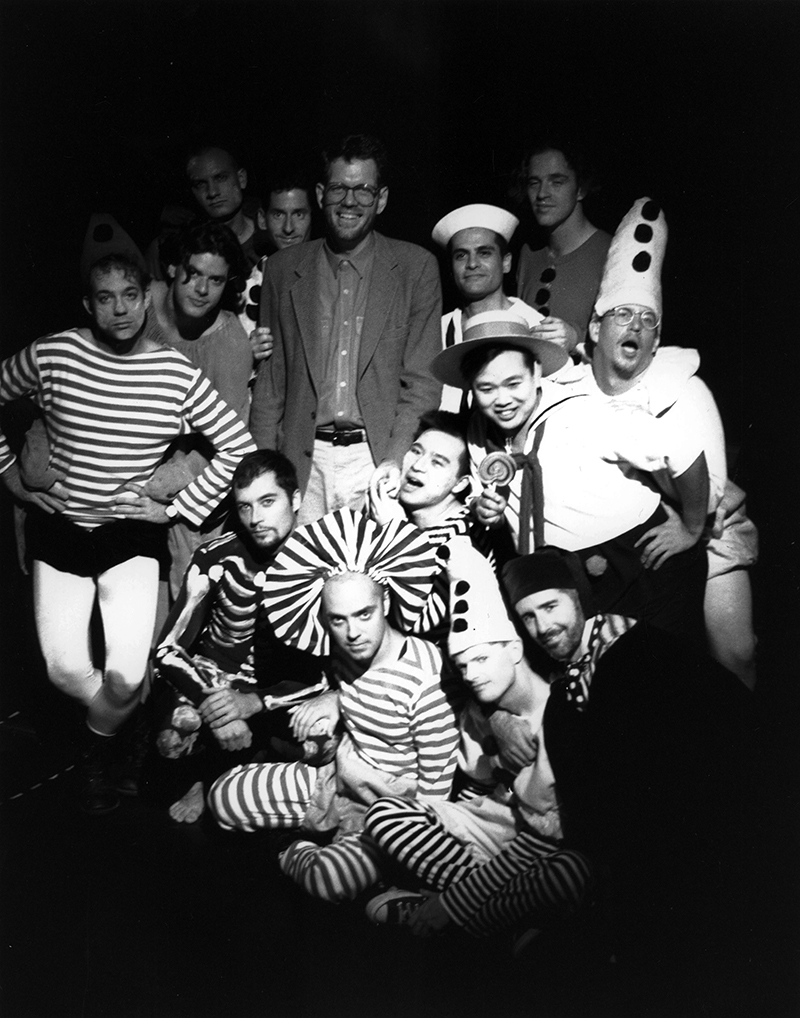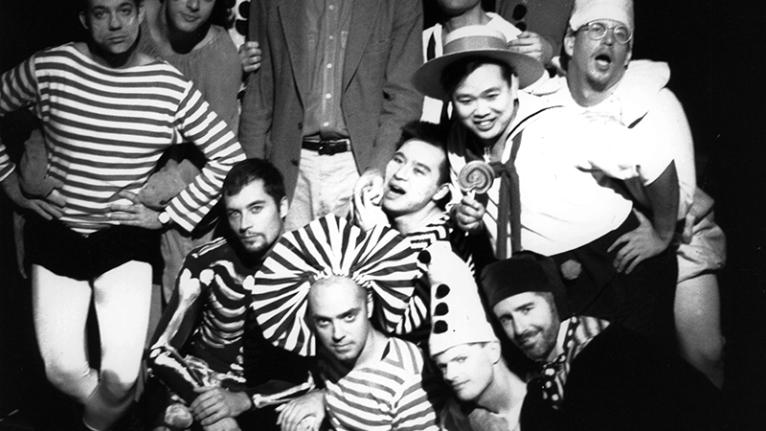February 11, 2014
The collections processed by the GLBT Historical Society and ONE Archives at the USC Libraries in the first year of the generous Council on Library and Information Resources (CLIR) grant have uncovered people and organizations that have fought to advance the cause of gay rights, often outside the purview of mainstream recognition. Taken together, they cover the spectrum of gay rights advocacy in California and across the nation, each success building on the next to achieve the freedoms we share today. The collections give witness to the challenging founding of a gay community services center in a conservative area of Colorado; an anthropological study of the sexual culture of transgender women in Honduras; and a fight to prevent Cobb County, Georgia, which had recently passed anti-gay legislation, from hosting an Olympic competition. The records range from Manuel boyFrank's 1940s correspondence with the first known gay activists in America, Henry Gerber and Frank McCourt, to Josie's Cabaret and Juice Joints’ records documenting a groundbreaking queer performance space for such acts as Marga Gomez, Margaret Cho, Whoopi Goldberg, Tom Ammiano, Keith Hennessy, and Justin Vivian Bond.
The processing of collections has especially brought to light organizations and circumstances that helped shape the gay rights movement during its formative years in the 1970s. The Pride Foundation records reveal an organization that set the tone for gay culture, services and advocacy in San Francisco. The California Human Rights Advocates records document a surprisingly expansive political advocacy that helped shaped California LGBT politics. The Sexual Law Reporter (SLR) records reveal an influential agency that changed an often homophobic legal system by working behind the scene to educate and inform the members of the judiciary on the field of sexuality and the law. The Community United Against Violence (CUAV) records document the long-term impact of the nation's first LGBTQQ (lesbian, gay, bisexual, transgender, queer and questioning) anti-violence organization. The National March on Washington for Lesbian and Gay Rights records reveal the early floundering steps in organizing the 1979 march and how it developed into one of the most significant organizing efforts in LGBTQ history.
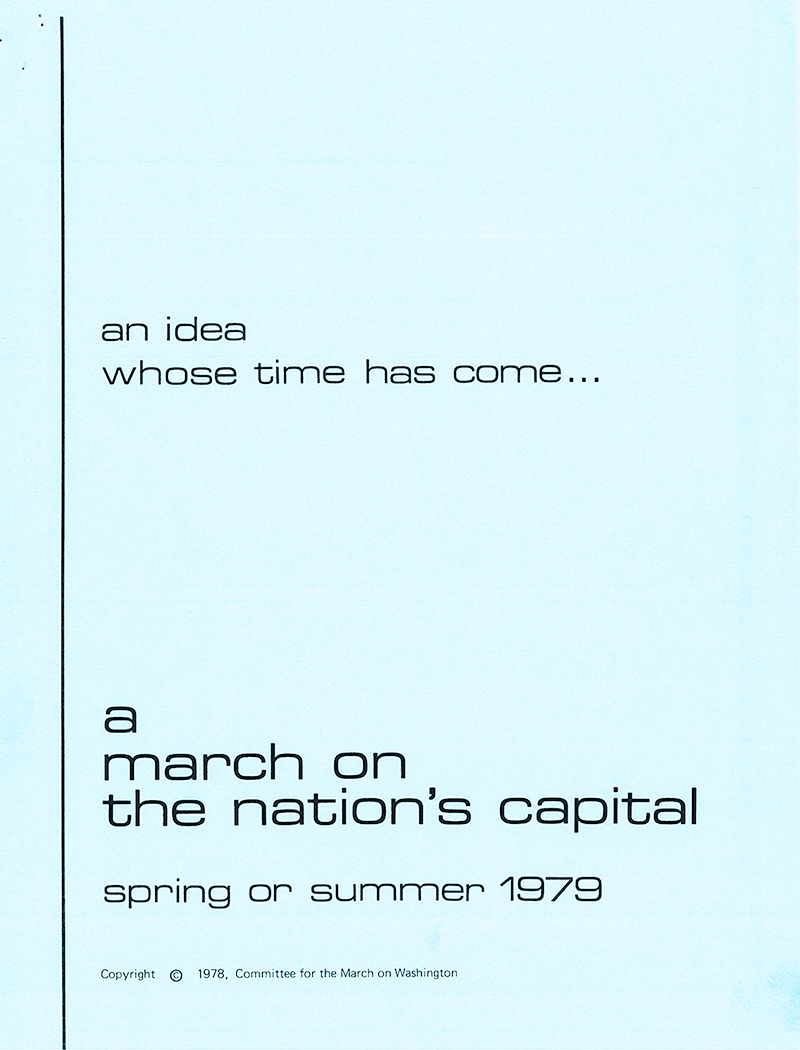
March on the Nation’s Capital Proposal, 1978. National March on Washington for Lesbian and Gay Rights Records. ONE Archives at the USC Libraries
The collections have brought to light neglected champions of the gay rights movement as well. Chuck Stewart, author of the award-winning Sexually Stigmatized Communities –Reducing Heterosexism and Homophobia: An Awareness Training Manual was a pioneer in gay and lesbian sensitivity training in education and law enforcement. Ester Bentley championed the rights of gay and lesbian seniors, a vulnerable and underrepresented group in society. Louise Merrill was a lesbian leftist feminist from Oakland whose activism challenged notions of class, racism, and feminism throughout her sixty years of life. Lisa Kaye was a leader in Orange County gay and lesbian politics for over fifteen years, helping found the Elections Committee of the County of Orange (ECCO) and working as a co-chair of the Eleanor Roosevelt Democratic Club. R. Scott Hitt worked as a powerful voice for gay rights and AIDS advocacy and served as chairman of the Presidential Advisory Council on HIV/AIDS (PACHA), the first openly gay person to head a presidential advisory board.
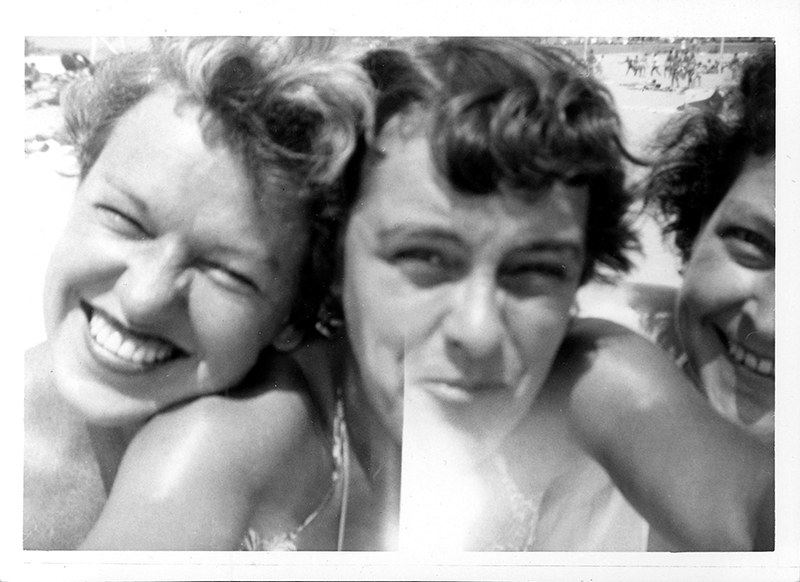
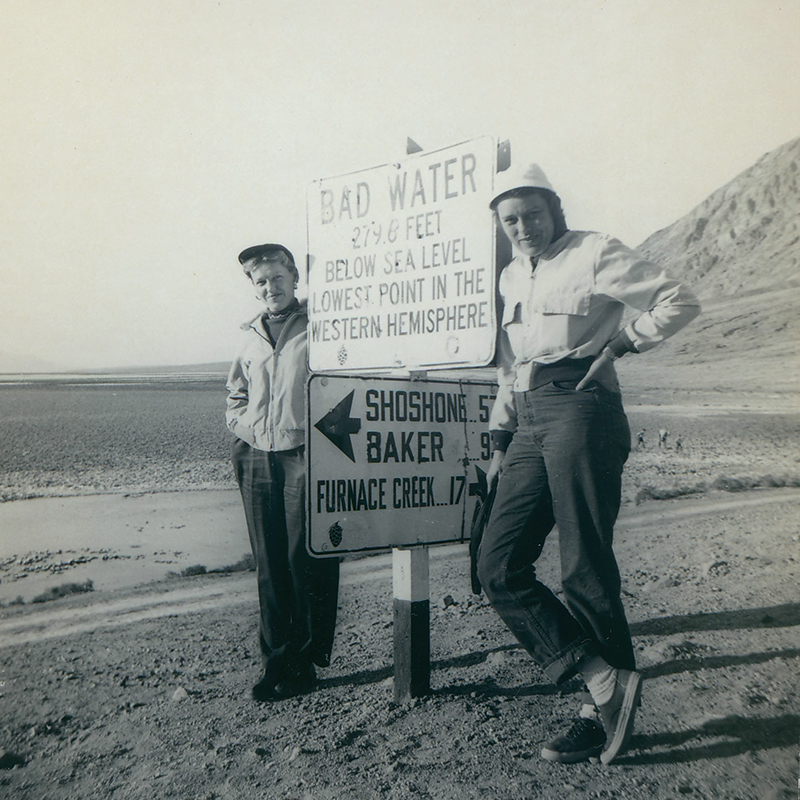
Photographs of Ester F. Bentley, undated. Ester F. Bentley Photographs and Papers. ONE Archives at the USC Libraries
The records tell personal stories as well, documenting long-term friendships and relationships. The photograph albums of Cora Latz and Etta Perkins provide an intimate glimpse into a shared love that spanned three decades. The Thomas Waddell papers contain almost 20 years of correspondence between Dr. Waddell and his first lover, the radical socialist journalist Enge Menaker. The Robert Coffman papers include over 30 years of correspondence with his lover, Arthur Bamberger. Waddell is best known for founding the Gay Games. Coffman is best known for his work with Theatre Rhinoceros and his Truman Capote holiday readings.
The collections have uncovered unsung heroes in the struggle against AIDS. Records from the Marin County AIDS Advisory Commission and the Marin County AIDS Task Force document the county’s progressive response to the growing AIDS epidemic. The James Carroll Picket papers reveal an activist who used his occupation as a playwright to cofound the influential Artists Confronting AIDS (ACA), an achievement that earned him a lifetime humanitarian award. The Mountains AIDS Foundation Records document the compassionate retreats the organization created for people living with HIV/AIDS.
We are half way through our two-year CLIR grant and already the number of collections processed and made available have transformed our understanding of gay rights activism in California and across America. Researchers have flocked to these newly opened records to reinterpret and redefine LGBTQ history and build on our understanding of the past. Another year of processing will uncover even more unsung heroes and narratives and continue to shape how LGBTQ history is understood and told.
